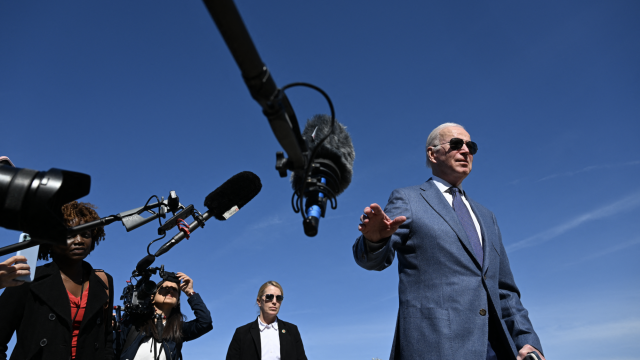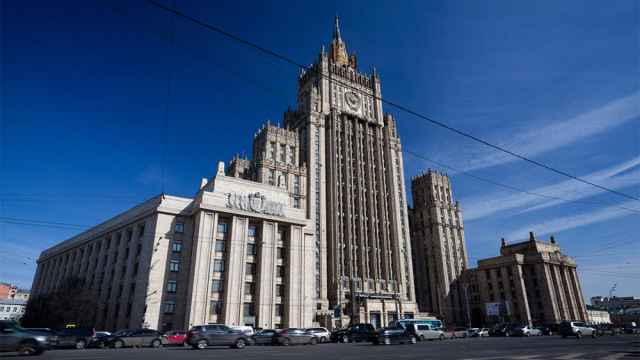The United States' new ambassador to Russia urged Moscow on Thursday to release a former U.S. Marine accused of spying, and said Russian investigators had failed to present credible evidence to back up their case.
Days after starting as U.S. ambassador, John Sullivan accused Russian authorities of "shameful treatment" of Paul Whelan, who was detained by security agents in a Moscow hotel room on Dec. 28, 2018 and accused of espionage.
Whelan, 49, denies the charges against him and holds U.S., British, Canadian and Irish passports. At court hearings over the past year, he has said he is being ill treated.
The case, in which Whelan will be jailed for 20 years if he is found guilty, has strained U.S.-Russian ties that are already under pressure from an array of issues including the conflicts in Ukraine and Syria and election-meddling allegations.
On Thursday, Sullivan visited Whelan in Moscow's Lefortovo prison. It was one of the ambassador's first public appearances since he presented his credentials at Russia's Foreign Ministry on Jan. 21.
"It's time for this nightmare to end, and for Paul to go home," Sullivan said in comments published by the U.S. embassy on social media.
"The case has gone on far too long. Investigators have shown no evidence – zero. Russian authorities show no credible justification for isolating Paul, and refuse to allow Paul to get proper medical attention. This is shameful treatment."
Russia's Foreign Ministry has dismissed Whelan's allegations of ill-treatment and accused him of trying to stir up noise around his case.
Moscow says Whelan was caught red-handed with a computer flash drive containing classified information. Whelan says he was set up in a sting operation and had thought the drive, given to him by a Russian acquaintance, contained holiday photos.
Previous efforts to secure Whelan's release, including an appeal in December, have been ignored.
A Message from The Moscow Times:
Dear readers,
We are facing unprecedented challenges. Russia's Prosecutor General's Office has designated The Moscow Times as an "undesirable" organization, criminalizing our work and putting our staff at risk of prosecution. This follows our earlier unjust labeling as a "foreign agent."
These actions are direct attempts to silence independent journalism in Russia. The authorities claim our work "discredits the decisions of the Russian leadership." We see things differently: we strive to provide accurate, unbiased reporting on Russia.
We, the journalists of The Moscow Times, refuse to be silenced. But to continue our work, we need your help.
Your support, no matter how small, makes a world of difference. If you can, please support us monthly starting from just $2. It's quick to set up, and every contribution makes a significant impact.
By supporting The Moscow Times, you're defending open, independent journalism in the face of repression. Thank you for standing with us.
Remind me later.






